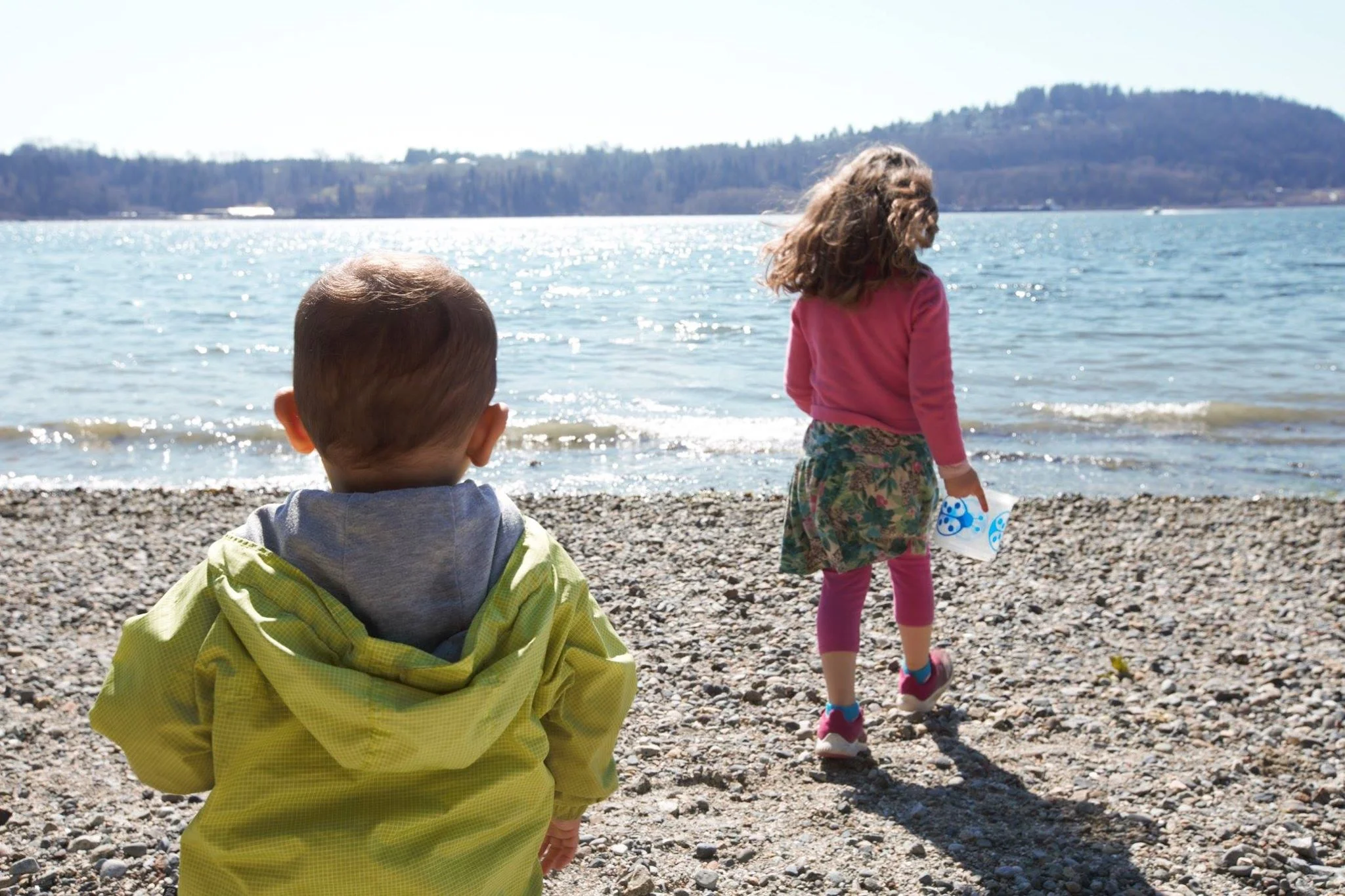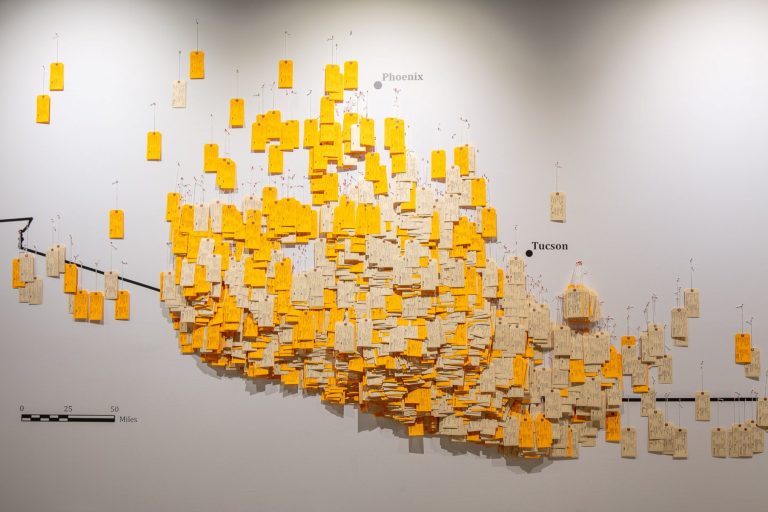On today’s episode Jessica hosts Dr. Paulette Steeves (Cree-Metis), Associate Professor at Algoma University. We especially focus on the Indigenous paleolithic and how Dr. Steeves is showing that it was very different than how it is presented by the field of archaeology. We also talk about the Bering Strait theory and why the academy is so resistant to that narrative being challenged. In the beginning of the episode Dr. Steeves walks us through her career, including some incidents that were not so flattering for the field, and finish our by talking about what it would take to decolonize the academy and anthropology.
"In early February 1999 I was standing on the corner outside of an old brick building which housed my favorite used bookstore in Fayetteville, Arkansas. The store, which was situated on the edge campus and the entrance to Main Street was a magical place of dreams and respite, where I went for brief sojourns from the real world. The store also contained glassed in shelves with a wonderful collection of nickel candies, from which I created magical brown paper sacks of joy and happiness for my three children. As I exited the book store my oldest son Jesse who was 21, ran up to me, and smiled an accepted his bag of candy. He looked me in the eyes and thanked me and hugged me then just out of the blue he said; “no matter what ever happens to me, don’t you ever give up on your education, promise me you will never give, you will keep going and finish you bachelors and go on to a higher degree, be a doctor, be a lawyer, keep going, promise me you will never give up”, so that day in early February I promised him, I would never give up. Just a week later he was gone, crossed over from this world, and my promise to my son to never give up was the last conversation we had. This story is dedicated to my oldest son Jesse Blue Steeves Dec1, 1977-Feb 18, 1999, I can tell him now that thanks to his love and foresight, I never gave up."
Links and References
“'Just watch me': Challenging the 'origin story' of Native Americans”
https://arstechnica.com/science/2018/02/debate-heats-up-over-whether-130000-year-old-bones-were-broken-by-humans/
https://www.ncbi.nlm.nih.gov/pubmed/28447646
Steeves, P. (2017). Unpacking Neoliberal Archaeological Control of Ancient Indigenous Heritage. Archaeologies, 13(1), 48-65.
Steeves, P. (2015). Decolonizing the Past and Present of the Western Hemisphere (The Americas). Archaeologies, 11(1), 42-69.
Steeves, P. (2015). Academia, Archaeology, CRM, and Tribal Historic Preservation. Archaeologies, 11(1), 121-141.
Holen, S. R., Deméré, T. A., Fisher, D. C., Fullagar, R., Paces, J. B., Jefferson, G. T., ... & Holen, K. A. (2017). A 130,000-year-old archaeological site in southern California, USA. Nature, 544(7651), 479.
Holen, S. R., Deméré, T. A., Fisher, D. C., Fullagar, R., Paces, J. B., Jefferson, G. T., ... & Holen, K. A. (2018). Broken bones and hammerstones at the Cerutti Mastodon site: a reply to Haynes.
PaleoAmerica, 4(1), 8-11.
Haynes, G. (2017). The Cerutti Mastodon. PaleoAmerica, 3(3), 196-199.
Dr. Steeves
Contact







